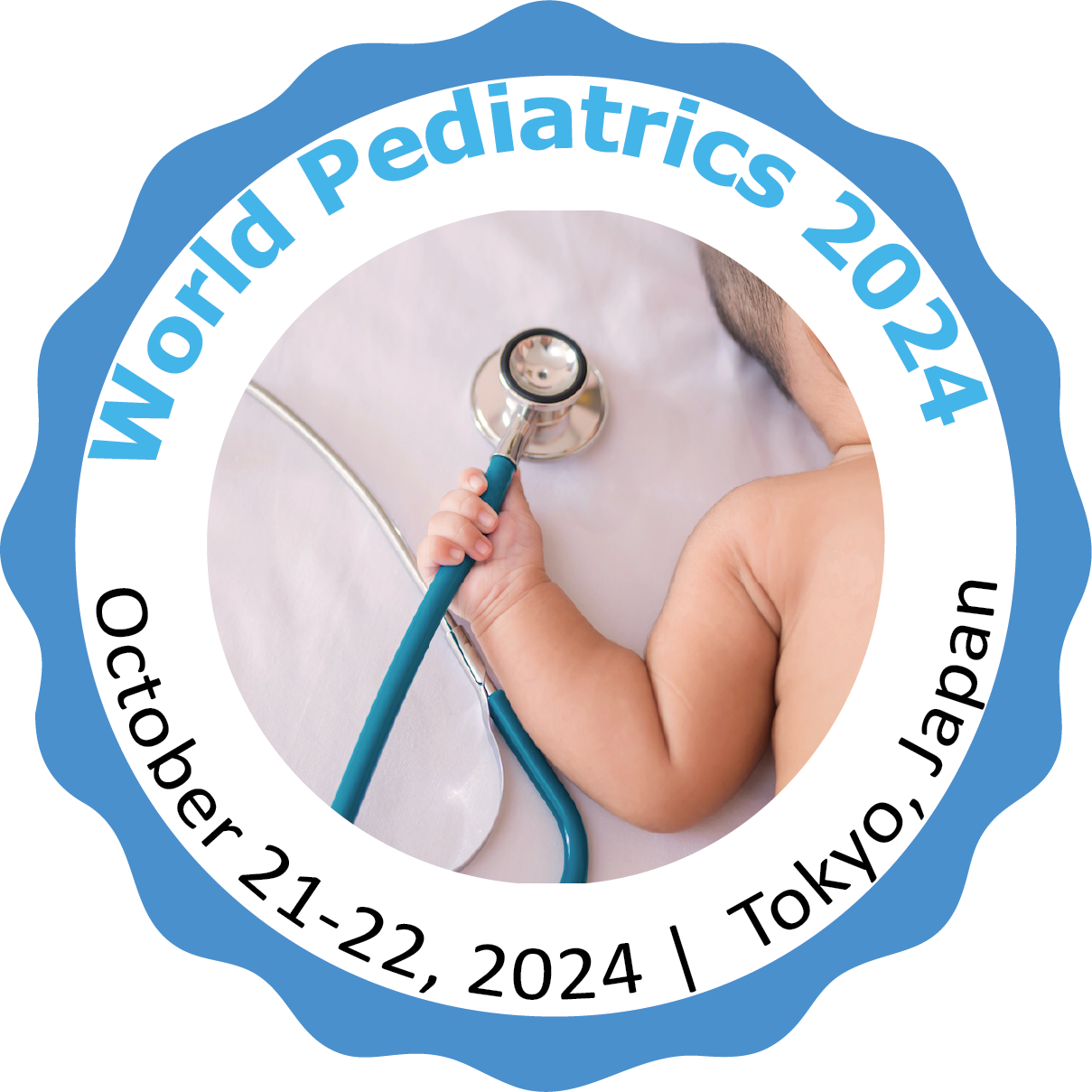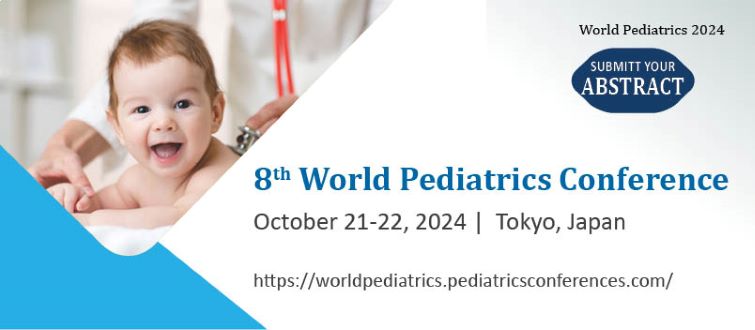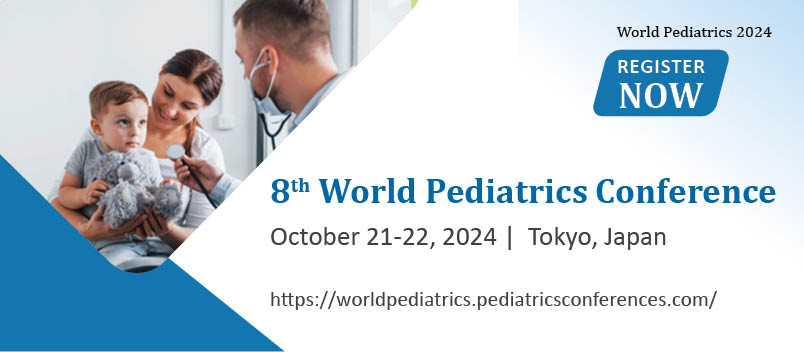Renowned Speakers

James Oleske
Rutgers - New Jersey Medical School, Newark USA

Kathryn Allen
Executive Director, Science and Public Affairs Speakers World Cancer Research Fund International UK

Qian Tao
Professor, Department of Clinical Oncology, Hong Kong Hong Kong

Charles W. Carter, Jr
University of North Carolina, USA USA

Christina-Scharnagl
Technical University of Munich, Germany Germany

Dr. Amgad M. Rabie
Professor Mansoura University, Egypt Egypt

Rainer Gruessner
Professor, Department of Surgery The University of Arizona USA USA

Anne Mantini
Scientist Urban Health Solutions, Canada Canada
Recommended Global Pediatrics Webinars & Conferences
Europe & UK
Asia Pacific & Middle East
Canada
WORLD PEDIATRICS 2024
To Collaborate Scientific Professionals around the World
Conference Date October 21-22, 2024
For Sponsors & Exhibitors
Speaker Opportunity
Useful Links
Past Conference Report
Supported By
All accepted abstracts will be published in respective Conference Series International Journals.
Abstracts will be provided with Digital Object Identifier by




